With a controversial library bill brewing in Cheyenne, the Laramie County Library System is trying to get out ahead of it. Leaders say they’re rewriting how the library picks what lands on shelves—and how challenges get handled — so staff have clear, transparent rules before any new state law hits, Gillette News Record reports.
At a board meeting Tuesday at the Burns Branch Library, trustees dug into two big updates: a more detailed collection development policy and a brand-new reconsideration policy. Together, they’re meant to spell out how materials are selected, maintained, and — when complaints arise — reviewed for removal or relocation.
The timing isn’t accidental. A group of Wyoming lawmakers is weighing a proposal to prohibit “sexually explicit” material in kids’ sections, including teen and young adult areas. Librarians statewide warn the current draft could slap up to $50,000 in fines on libraries for each item deemed noncompliant. Critics also note the bill could sweep up basic puberty and sex-ed resources, historical works like Anne Frank’s diary, and even religious texts such as the Bible, Quran, or Book of Mormon.
Executive Director Antonia Gaona says the local policy overhaul serves two goals. First, it’s a proactive signal to legislators that Laramie County is taking content concerns seriously and handling them locally. Second, it gives residents a clearer window into how books come in and, when necessary, move out. She described the current collection policy as too brief and vague; the new version lays out access, selection, and maintenance criteria in plain language. And because LCLS has never had a formal reconsideration process, the proposed policy sets out how any county resident can ask for a review. It doesn’t stop at books either—requests could cover events, displays, exhibitions and other services, with a structured pathway for dialogue and decisions.
Not everyone was sold on the draft. During public comment, resident Bob Wilson urged the board to drop explicit references to the American Library Association, arguing the ALA is a partisan advocacy group and the library should craft its own principles. The second paragraph of the draft cites the ALA’s Library Bill of Rights and its Freedom to Read and Freedom to View statements. Gaona pushed back gently, saying adoption of those statements dates back decades and reflects bedrock ideas rooted in the Constitution, not a formal affiliation with the ALA’s current politics. She called them “evergreen documents” from the 1930s and 1950s that guide access and viewpoint neutrality.
Wilson also pressed for tighter language under the access section to ensure sexually explicit materials are excluded from children’s areas. He framed his comments as early, constructive input so staff have policies “the community loves” and can stand behind.
Residents now get their say. A 45-day public comment period opens Thursday, with submissions going to the library board appointed by county commissioners before any final vote. Gaona said she’s confident stakeholders — from patrons to lawmakers — can land on workable rules that keep the library serving everyone. If content needs to be re-shelved or moved, she added, “we’re willing to consider that because we are professional librarians.”
For now, LCLS is trying to show it can police itself: clear criteria for what comes in, a defined path for what gets questioned, and a paper trail that demonstrates diligence if legislators come calling. In a season of uncertainty, the library is betting that process — not politics — will keep its shelves open and its doors welcoming.
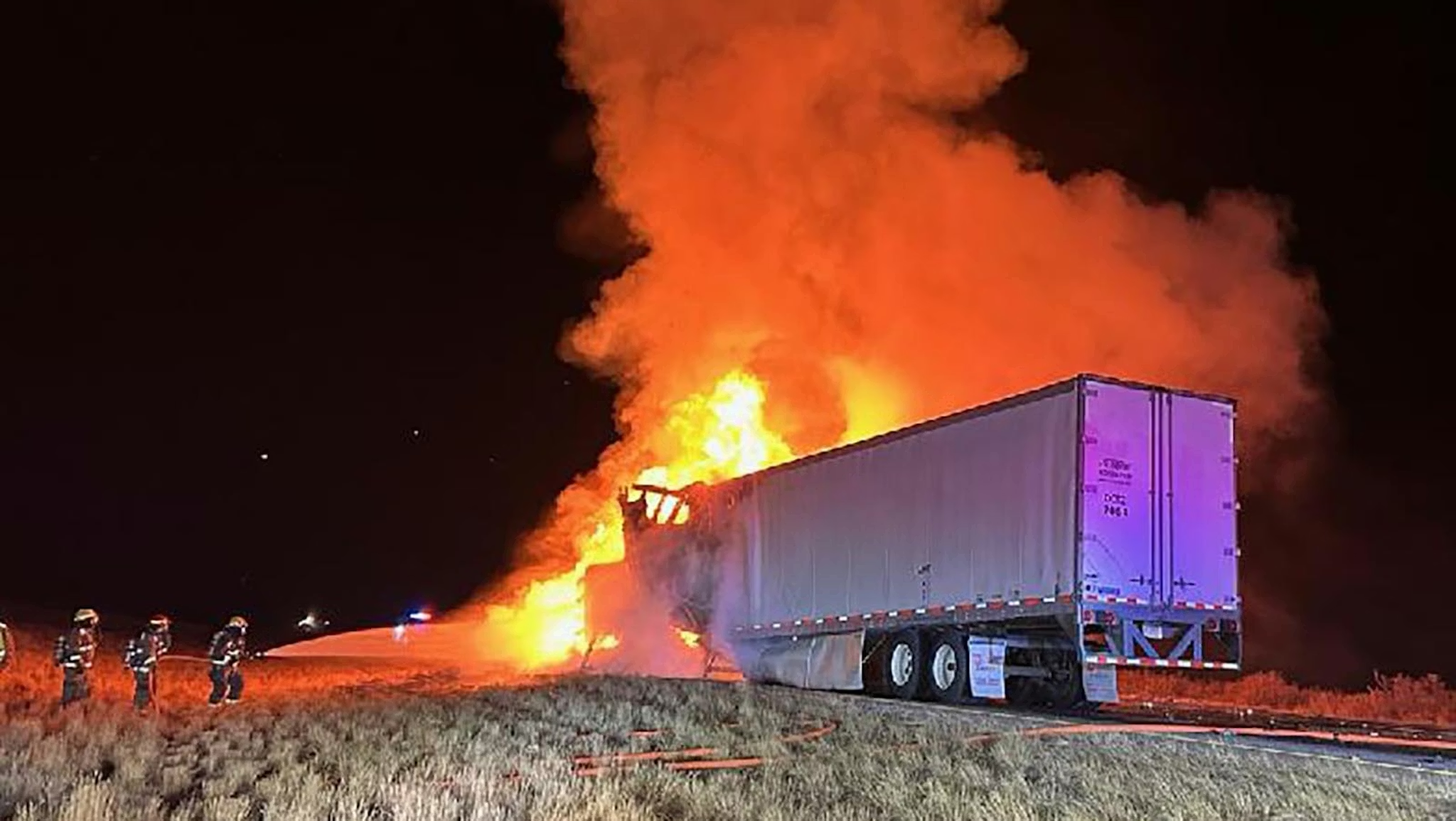
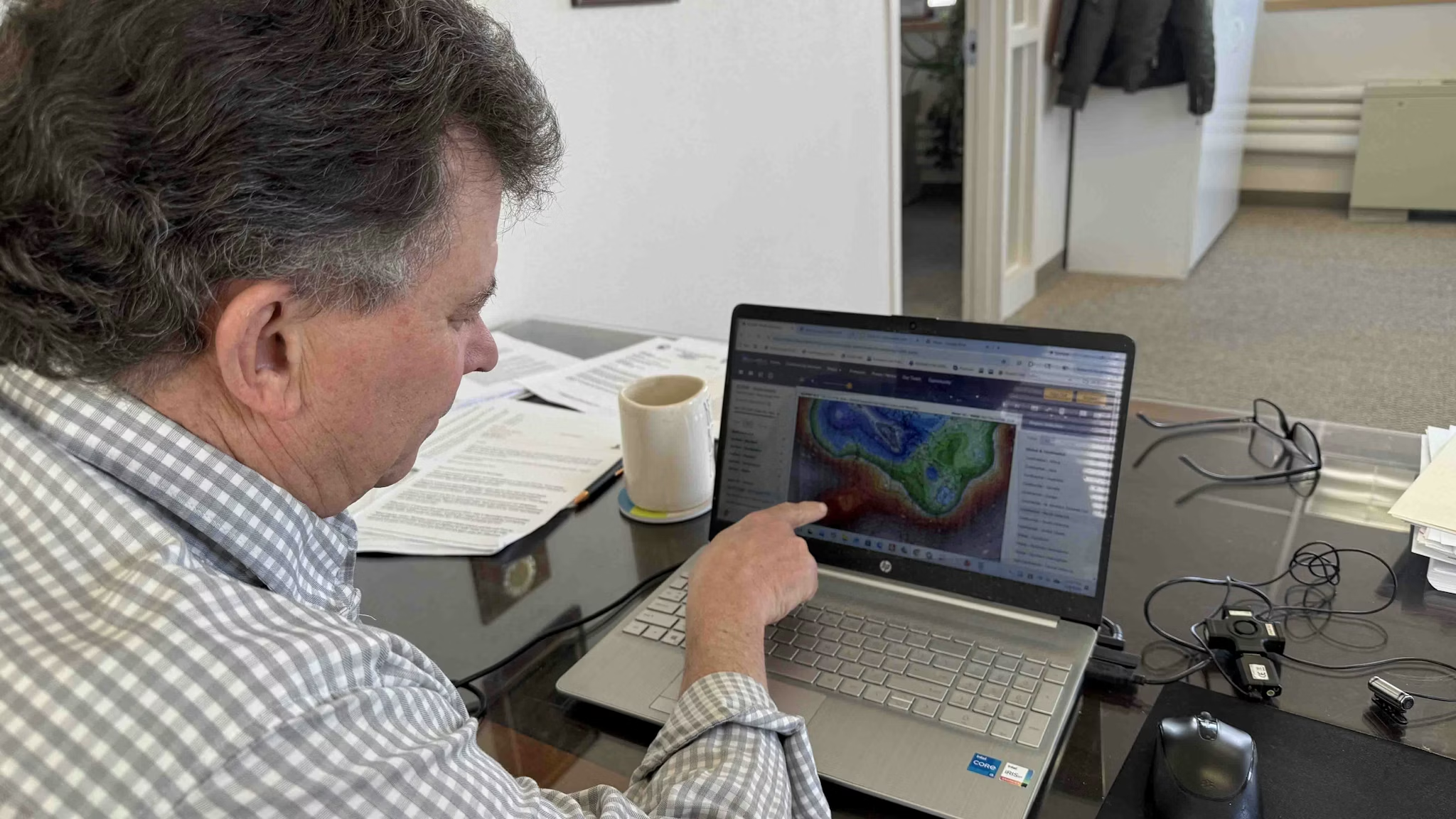
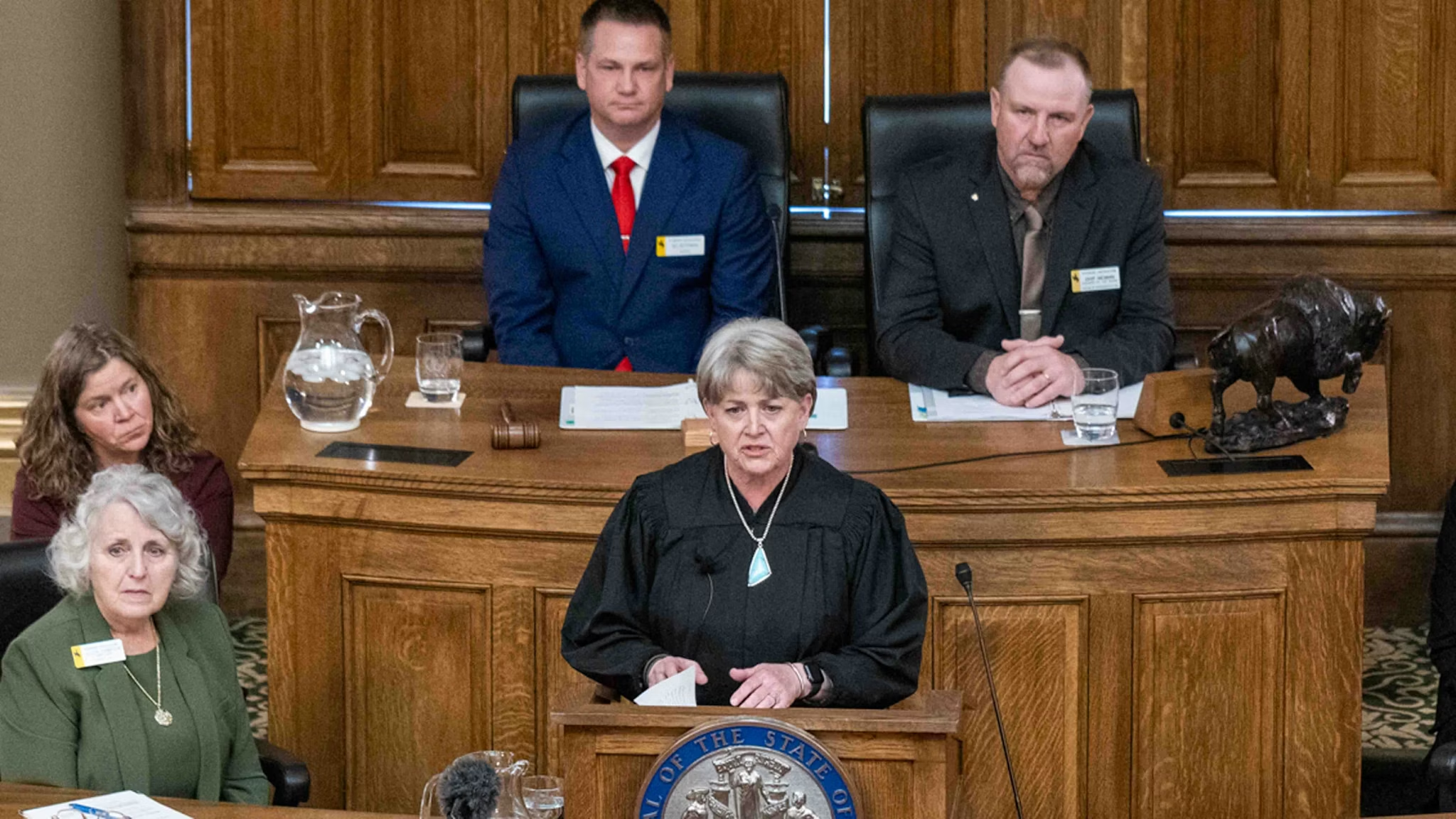
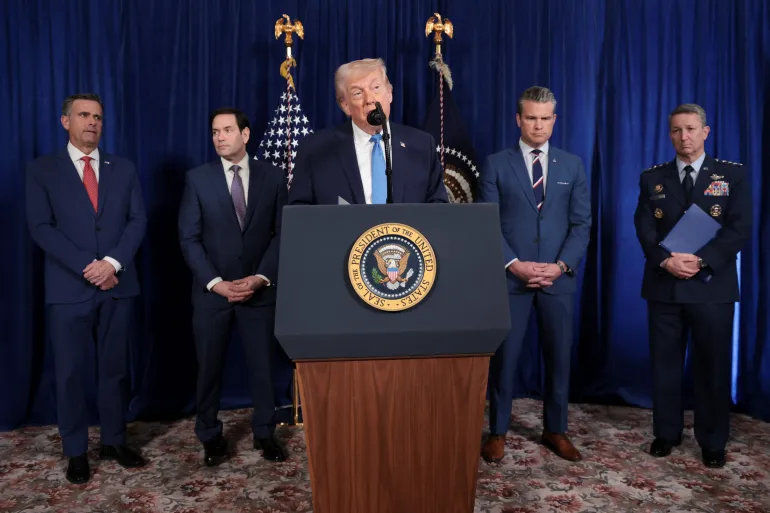

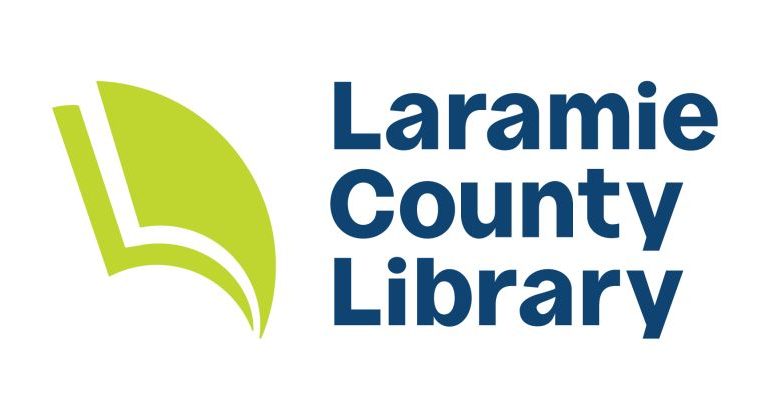




The latest news in your social feeds
Subscribe to our social media platforms to stay tuned